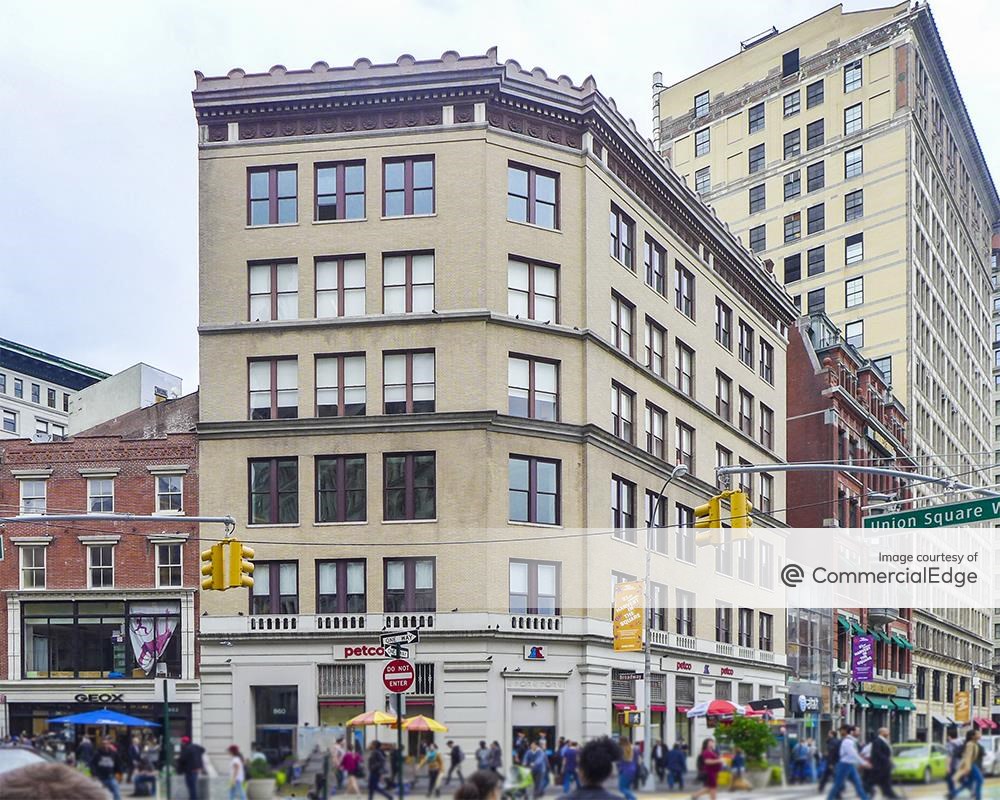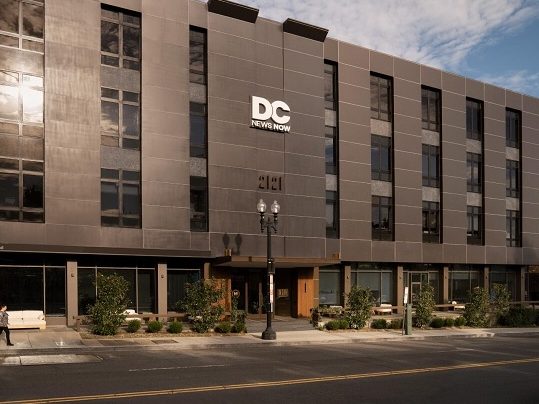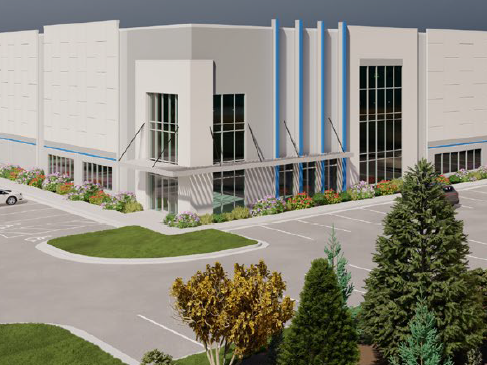Life Sciences Real Estate Thrives Amid Pandemic
Newmark Knight Frank's new report concludes that the life sciences sector is recession-resilient.
Life sciences real estate was robust before COVID-19 hit the U.S., and the sector continues to show strength even as the pandemic mires the country in economic challenges and uncertainty, according to a report by Newmark Knight Frank.
NKF’s 2020 Life Sciences: National Overview and Top Market Clusters report also notes there is no indication that the sector will be met with any significant roadblocks over the long term.
READ ALSO: CPE’s Coronavirus Coverage
As was the case during the economic downturn more than a decade ago, the life sciences sector’s performance amid the grip of the coronavirus suggests that it is recession-resilient. “Life Sciences has been strong throughout the pandemic,” James Kuhn, president & head of investor services with Newmark Knight Frank told Commercial Property Executive. “First, the scientists can’t work from home and need to work in the wet labs. And many firms committed to therapeutics drugs and or vaccines needed space immediately.”
In addition to tenants maintaining and expanding occupancy during the current challenges, the sector benefits from a history of being one of the top-performing segments of the real estate industry. After years of unrelenting demand, Kuhn added, there is a shortage of product currently in the three top bio-clusters of Northern California, Cambridge and San Diego, where the vacancy rate for existing life sciences space is approximately 5 percent, 2.4 percent and 7.1 percent, respectively.
While life sciences real estate appears to be recession-resilient, it is not recession-proof. On March 23, hit by the sudden economic jolt, the Life Sciences Index recorded a 21.8 percent drop from its pre-coronavirus peak. However, it’s all relative; the overall S&P 500 dropped 33.9 percent over the same period. Additionally, the life sciences sector has seen some of its best days since the March turning point, closing above its pre-coronavirus high on more than a few occasions in April, May and June.
The future bodes well
In addition to proving its ability to weather downturns, the life sciences sector has demonstrated that it offers a secular growth opportunity. The aging population and its capacity and desire to live longer and healthier through medical advances translates to ongoing demand for accommodations among life sciences tenants. Additionally, according to the NKF report, “COVID-19 has also placed renewed emphasis on the need for domestic supply chains, from manufacturing of personal protective equipment and testing kits, to drug development and stockpiles, which could lead to an expansion of the domestic footprint of life sciences real estate.”
In the investment market, there has been a dramatic rise in the appeal of the life sciences sector, and NKF anticipates that new players, particularly non-life-science investors, will soon enter the space. The long view for life sciences real estate—future downturns or not—is very strong. As Kuhn said, “The pharmaceutical industry will end up saving the world. The cost of bringing a vaccine to the market is enormous and when push comes to shove, the collaboration between drug companies, the evolution of AI and the mapping of the human genome can accelerate research and maybe a vaccine if given enough rope by the government to do it.”








You must be logged in to post a comment.